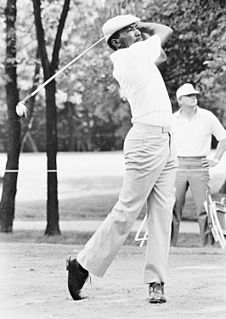A Quote by W. H. Auden
About suffering they were never wrong, The Old Masters.
Related Quotes
She said, "It's not life or death, the labyrinth." "Um, okay. So what is it?" "Suffering," she said. "Doing wrong and having wrong things happen to you. That's the problem. Bolivar was talking about the pain, not about the living or dying. How do you get out of the labyrinth of suffering?... Nothing's wrong. But there's always suffering, Pudge. Homework or malaria or having a boyfriend who lives far away when there's a good-looking boy lying next to you. Suffering is universal. It's the one thing Buddhists, Christians, and Muslims are all worried about."
Whenever we feel that we are definitely right, so much so that we refuse to open up to anything or anybody else, right there we are wrong. It becomes wrong view. When suffering arises, where does it arise from? The cause is wrong view, the fruit of that being suffering. If it was right view it wouldn't cause suffering.
There is no wrong suffering. There is imaginary, sham, feigned, simulated, pretended suffering. But the assertion that someone suffers for the right or wrong reason presupposes a divine, all-penetrating judgment able to distinguish historically obsolete forms of suffering from those in our time, instead of leaving this decision to the sufferers themselves.
The first noble truth of the Buddha is that when we feel suffering, it doesn’t mean that something is wrong. What a relief. Finally somebody told the truth. Suffering is part of life, and we don’t have to feel it’s happening because we personally made the wrong move. In reality, however, when we feel suffering, we think that something is wrong. As long as we’re addicted to hope, we feel that we can tone our experience down or liven it up or change it somehow, and we continue to suffer a lot.
Sometimes, they wait. Sometimes, you see the dead come in to the harbor, and their old dogs are all along the docks, wagging their tails, for they have waited for their masters and mistresses for many years. You see mothers who have missed their sons. Fathers who had never spoken of love to their children, ready to embrace them as they voyage from the end of life. It shows the lies of this world, you see. We are wrong about so many things here. Mankind has done terrible things, yet we are forgiven.





































